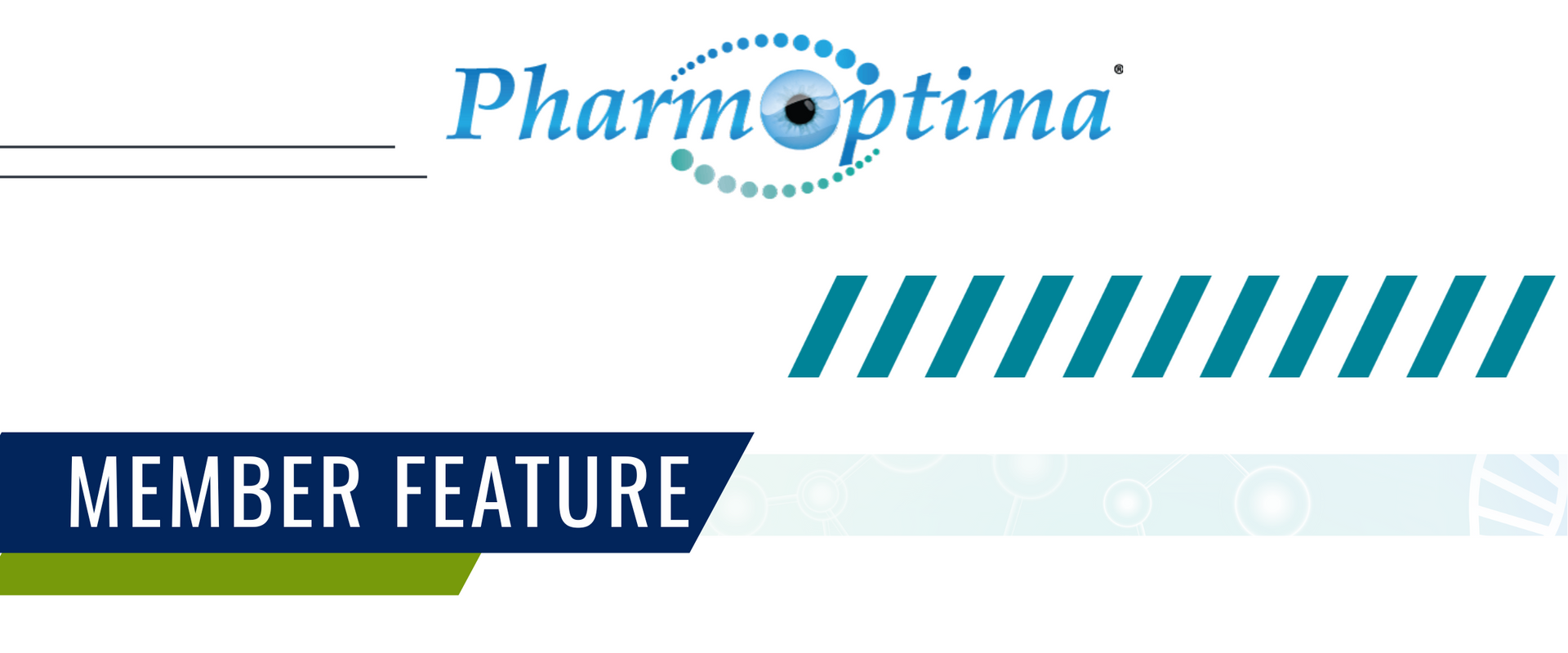State Reintroduces 340B Contract Pharmacy Access Legislation
Spotlight on 340B legislation

Michigan Senate Dems reintroduced 340B contract pharmacy access bills - SB 94 and SB 95 - after the legislature’s failure to move such legislation at the end of the 2024 legislative session. The bills were taken up at a Senate Oversight Committee marked by divided testimony.
Eight states have passed similar laws and about a dozen others are expected to consider them ion 2025, making it arguably the most divisive health-care debate in America today. Most employers know little about the $66 billion 340B federal drug-pricing program and its impact on them. But bills like SB 94 and SB 95 are bringing the matter to the forefront in 2025, given the rapid growth of the program.
Under federal rules, the 340B Drug Pricing Program allows hospitals to contract with pharmacies to purchase certain medications at a reduced price for eligible underserved, uninsured or underinsured, low-income patients. However, hospitals have increasingly gamed the system that channels profits from the 340B program to other parts of their operations and more lucrative healthcare markets instead of to charity care as mandated by federal statute – in essence misusing the 340B program as a slush fund.
Moreover, covered entities are not required to report their 340B revenue, how 340B revenue is used, or confirm the volume of uncompensated care offered by the covered entity. Reporting on these areas would promote trust and accountability within the 340B program, ensuring patients are the beneficiaries of 340B instead of covered entities.
As the misuse of the 3240B program has grown, and without accountability and transparency on the part of hospitals, pharmaceutical manufacturers have attempted to limit these arrangements, including by refusing to honor 340B discounts for medications dispensed through certain contract pharmacies.
Manufacturers’ contract pharmacy restrictions have prompted hospitals to push states in introducing laws such as SB 94 and SB 95 in an attempt to protect their 340B program status quo.
MichBio independently, and in partnership with a coalition of patient and provider groups, as well as others like the AIDS Drug Assistance Program, Our Health Equity, Infusion Access Foundation, and PhRMA, voiced its opposition to the bills.
Significant growth of 340B discounts has caused employers to pay more for the prescription drugs purchased by workers. Providers covered by 340B programs mark up drug prices more than those outside the program. In addition, such providers are more likely to prescribe more expensive drugs.
Maybe the biggest impact is due to the fact that when hospitals use 340B discounts, employers cannot get the discounts on those drugs they normally would receive from pharmacy benefit managers — a loss of $6 billion in discounts annually because of a ban on double-discounting, And with more purchases being made by hospitals through the 340B program, premiums are going up in part to reflect those higher pharmaceutical costs.
Indeed, the National Alliance of Health Purchaser Coalitions argues that the growth of 340B discounts paradoxically is driving up the cost of prescriptions for employers and employees, which in turn is exacerbating the increase in health-insurance premiums.
Members of the Senate Oversight Committee voted 5-0 to report the bills and move them forward to consideration by the full Senate. MichBio continues to monitor legislative developments and will persist in convincing legislators about the dangers of prohibiting restrictions on the way drugs are purchased in the 340B program.
RECENT ARTICLES




